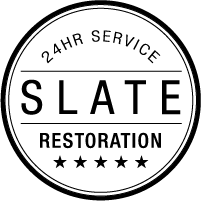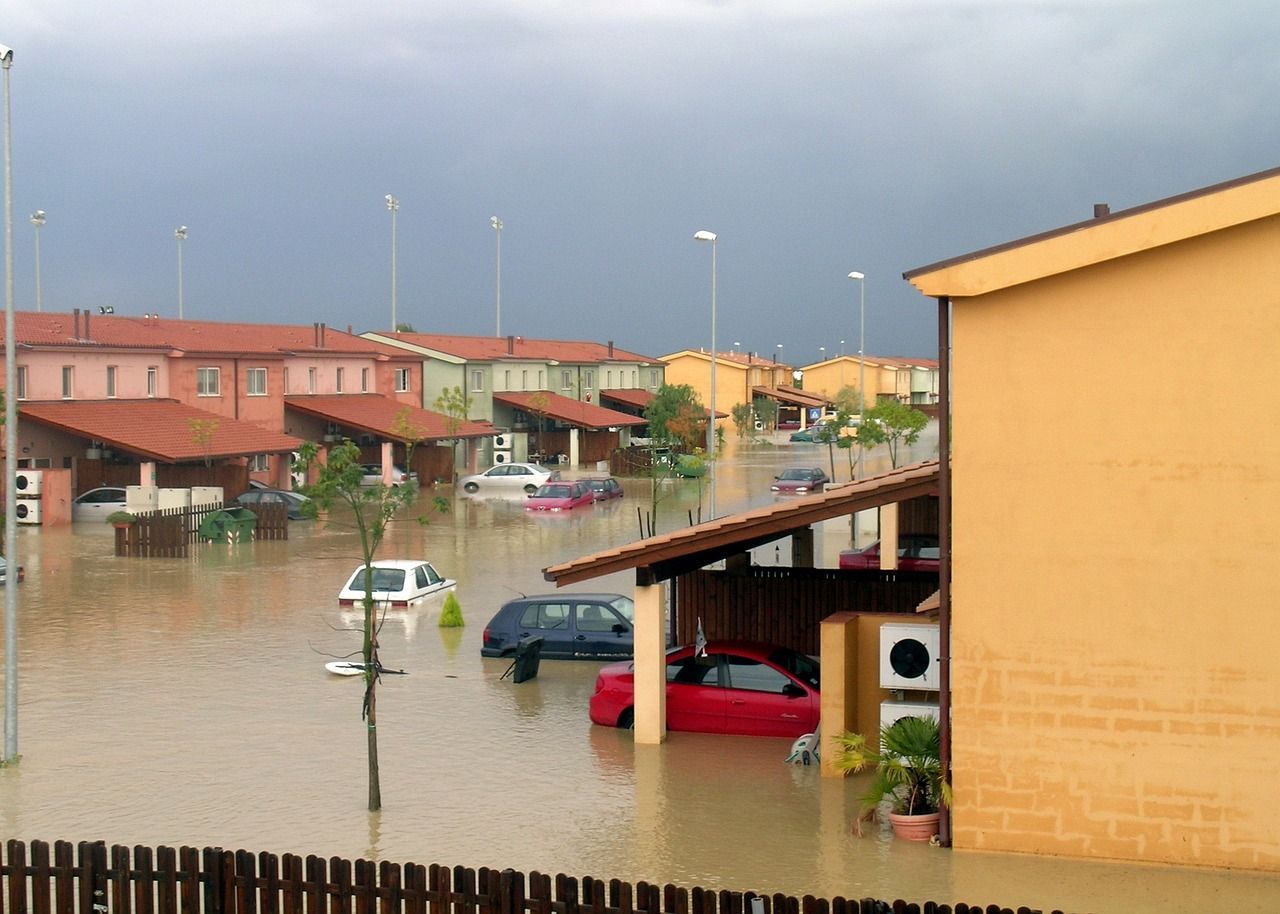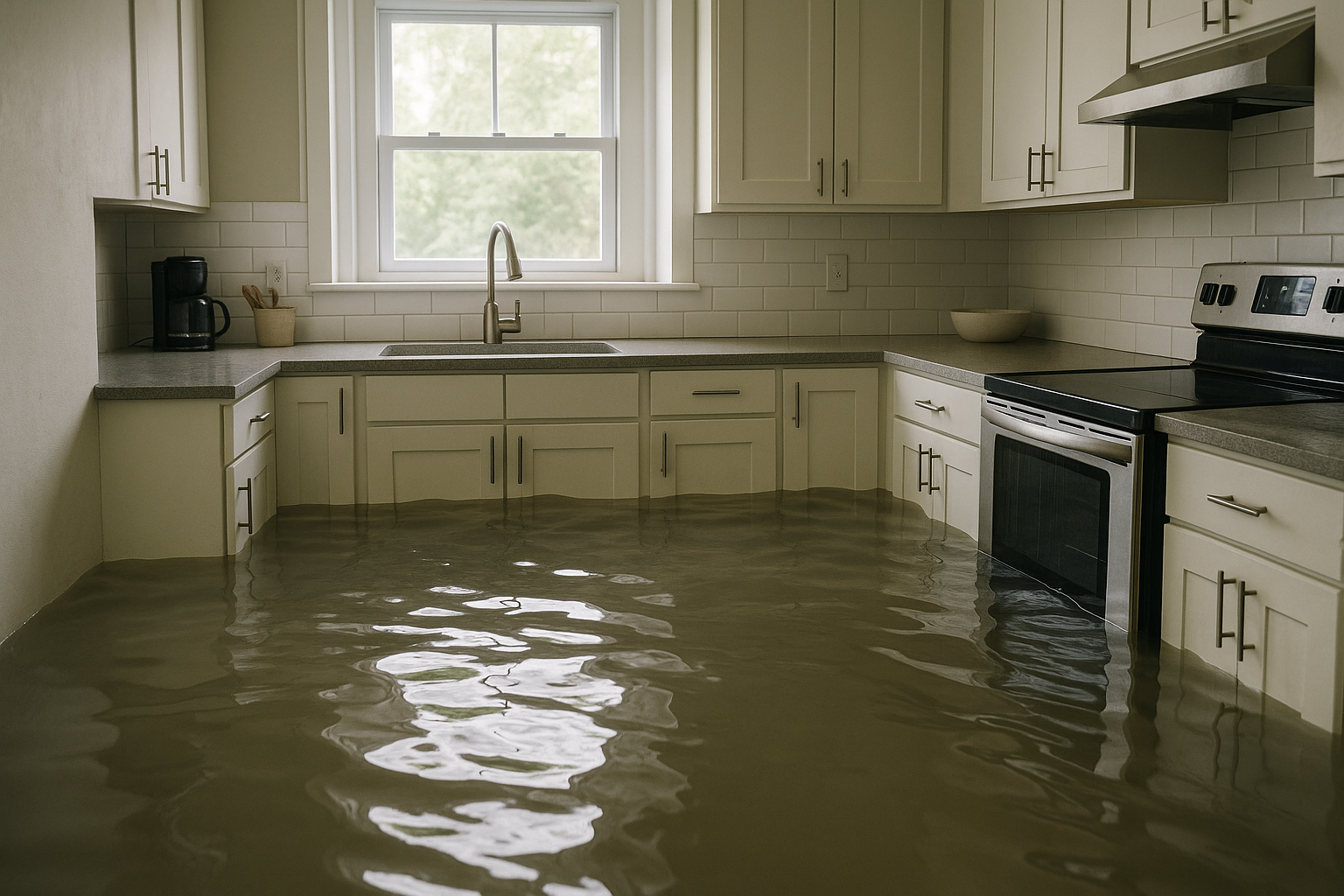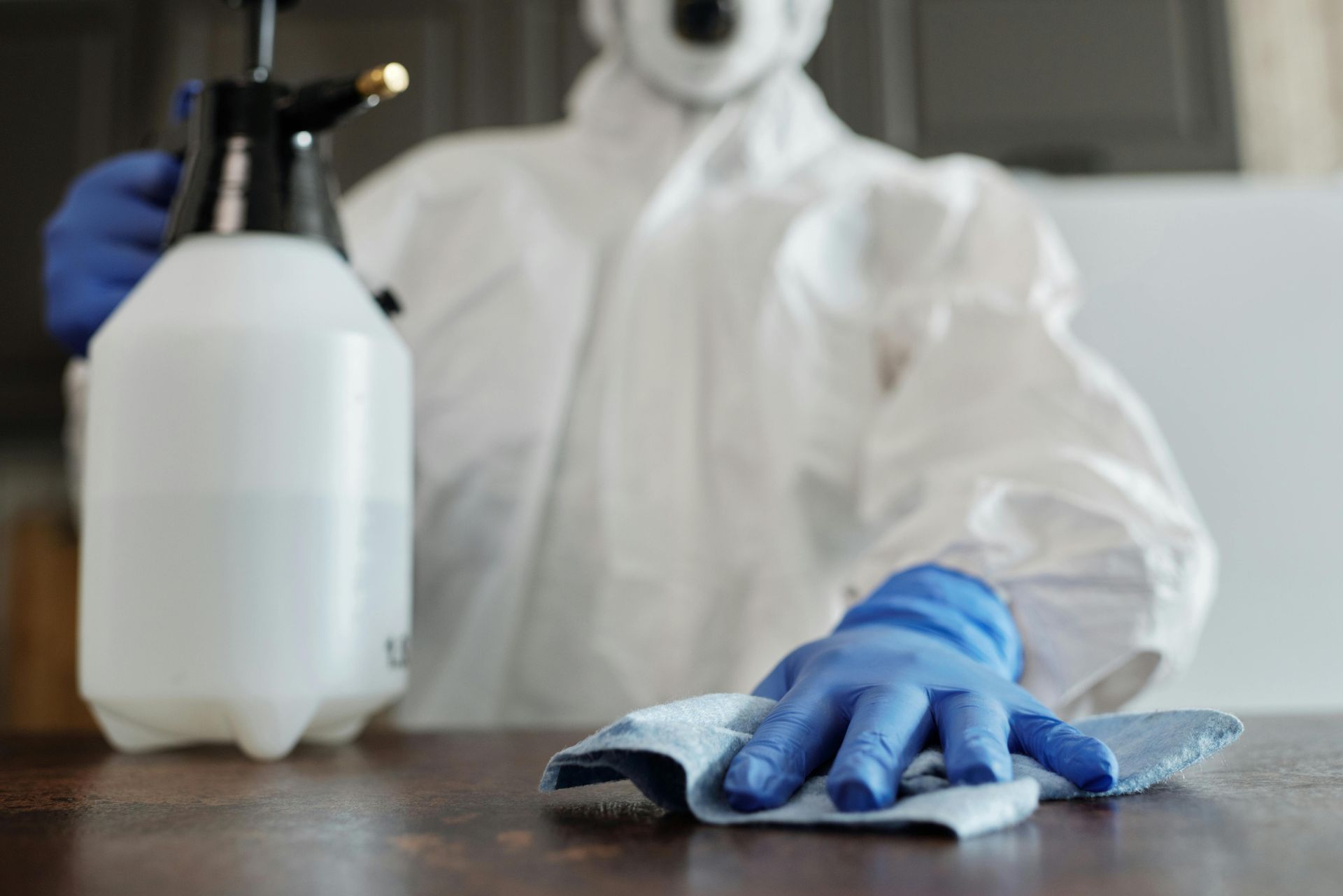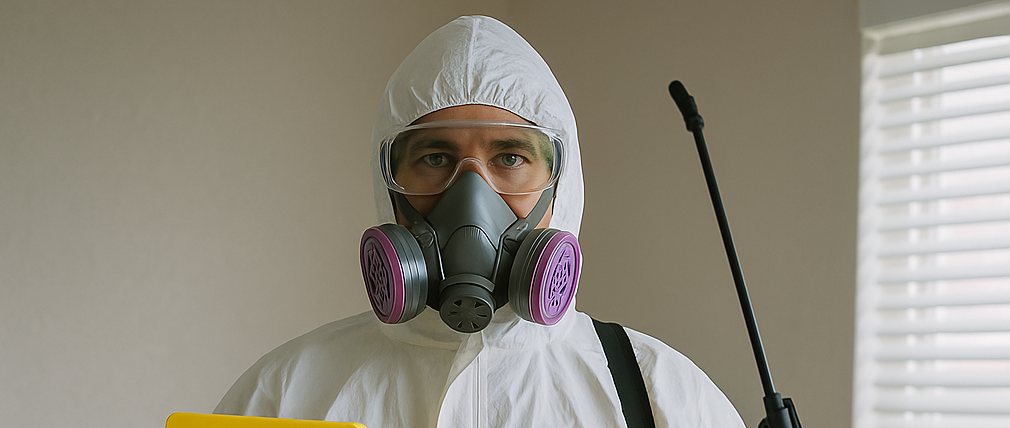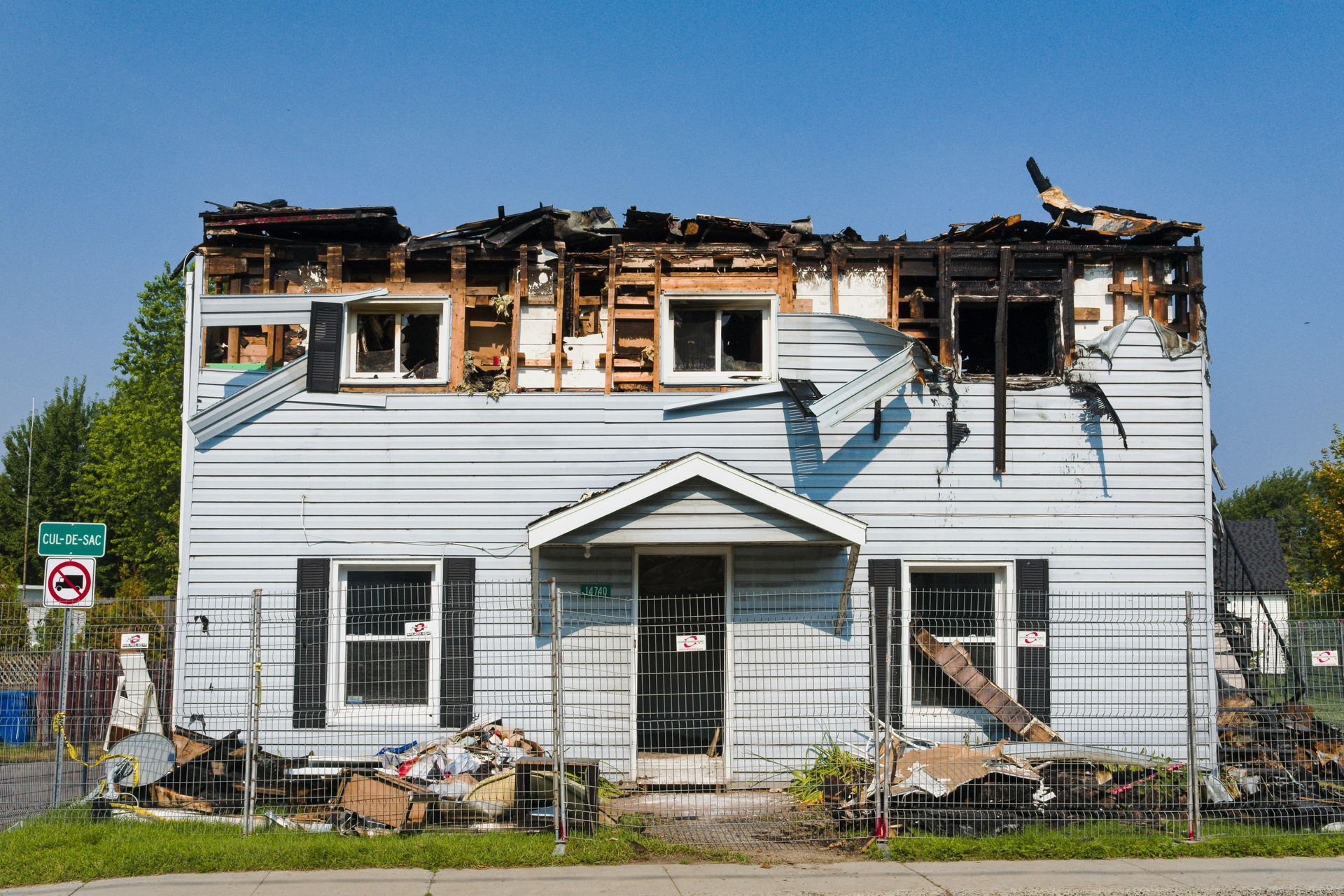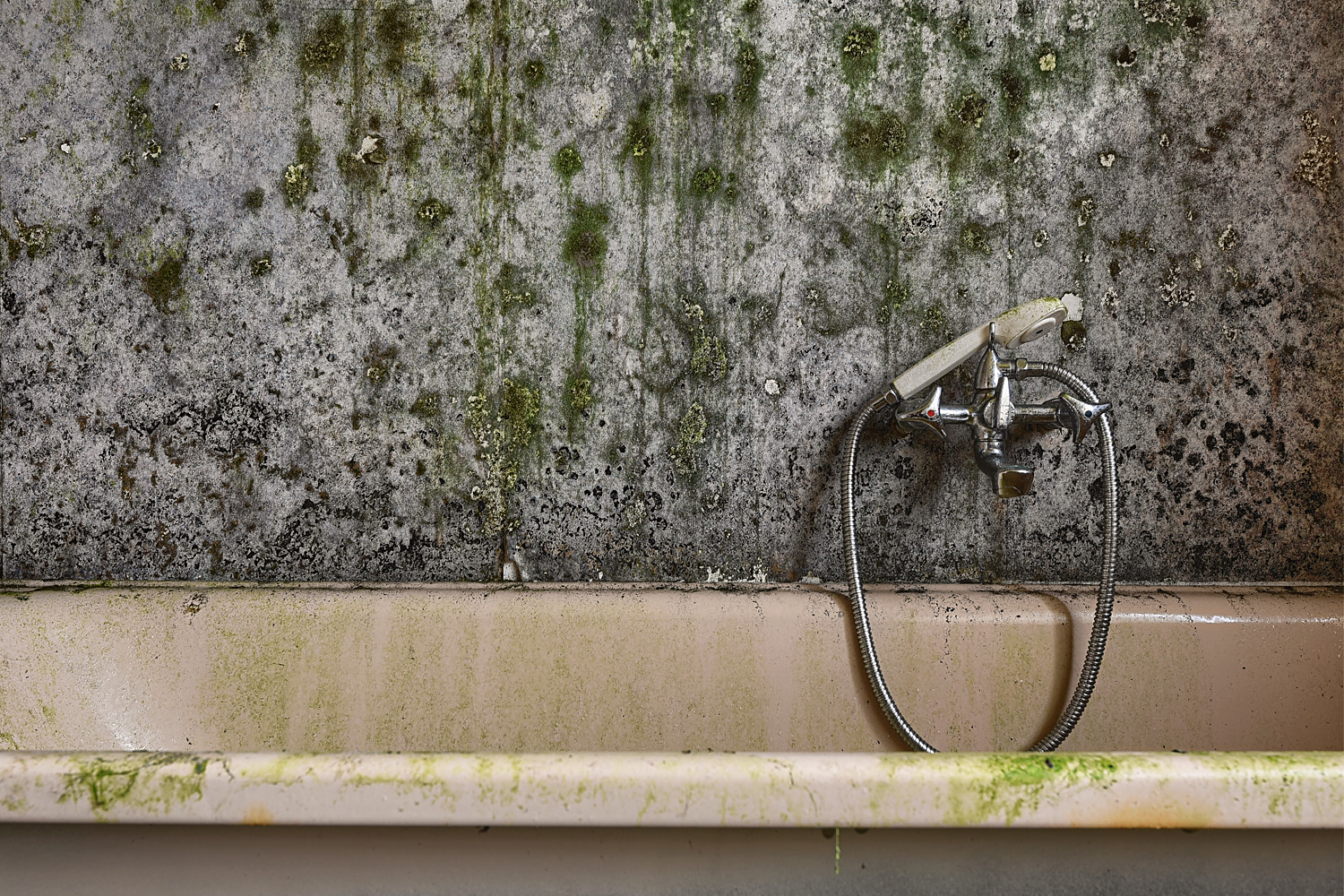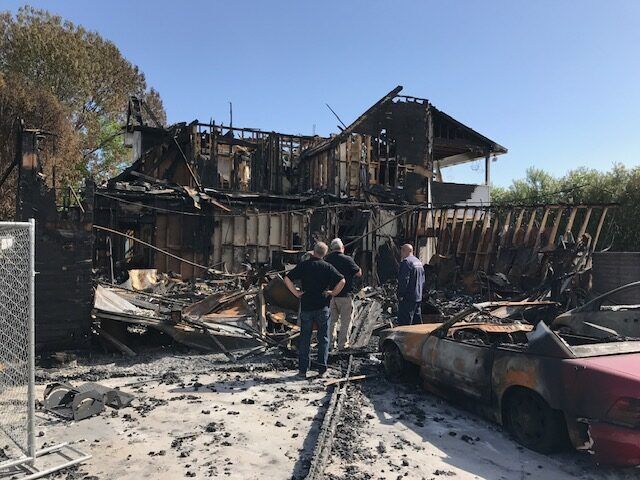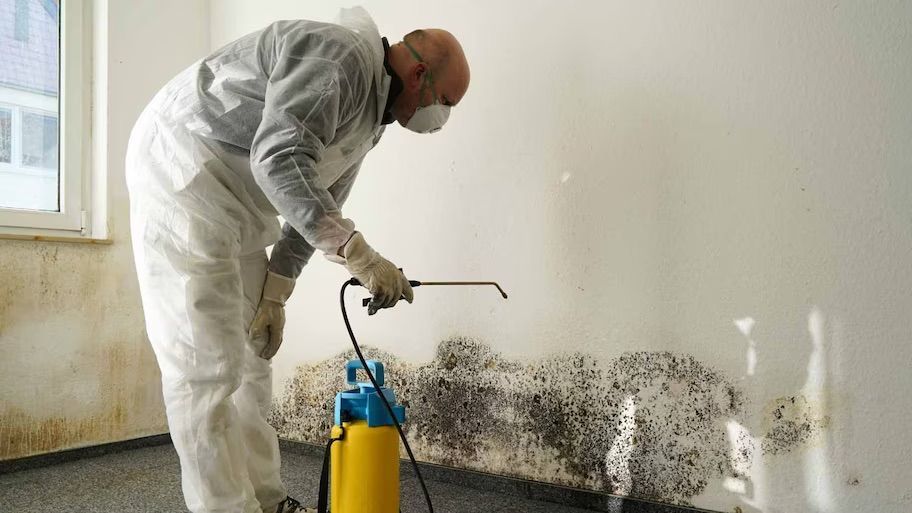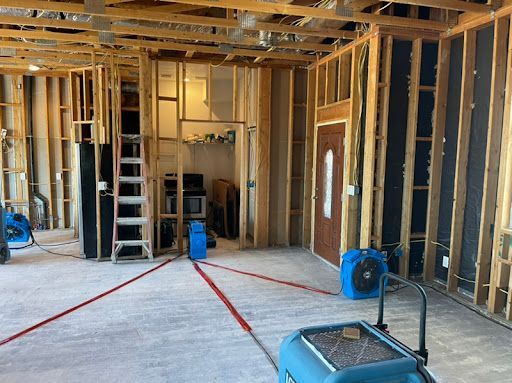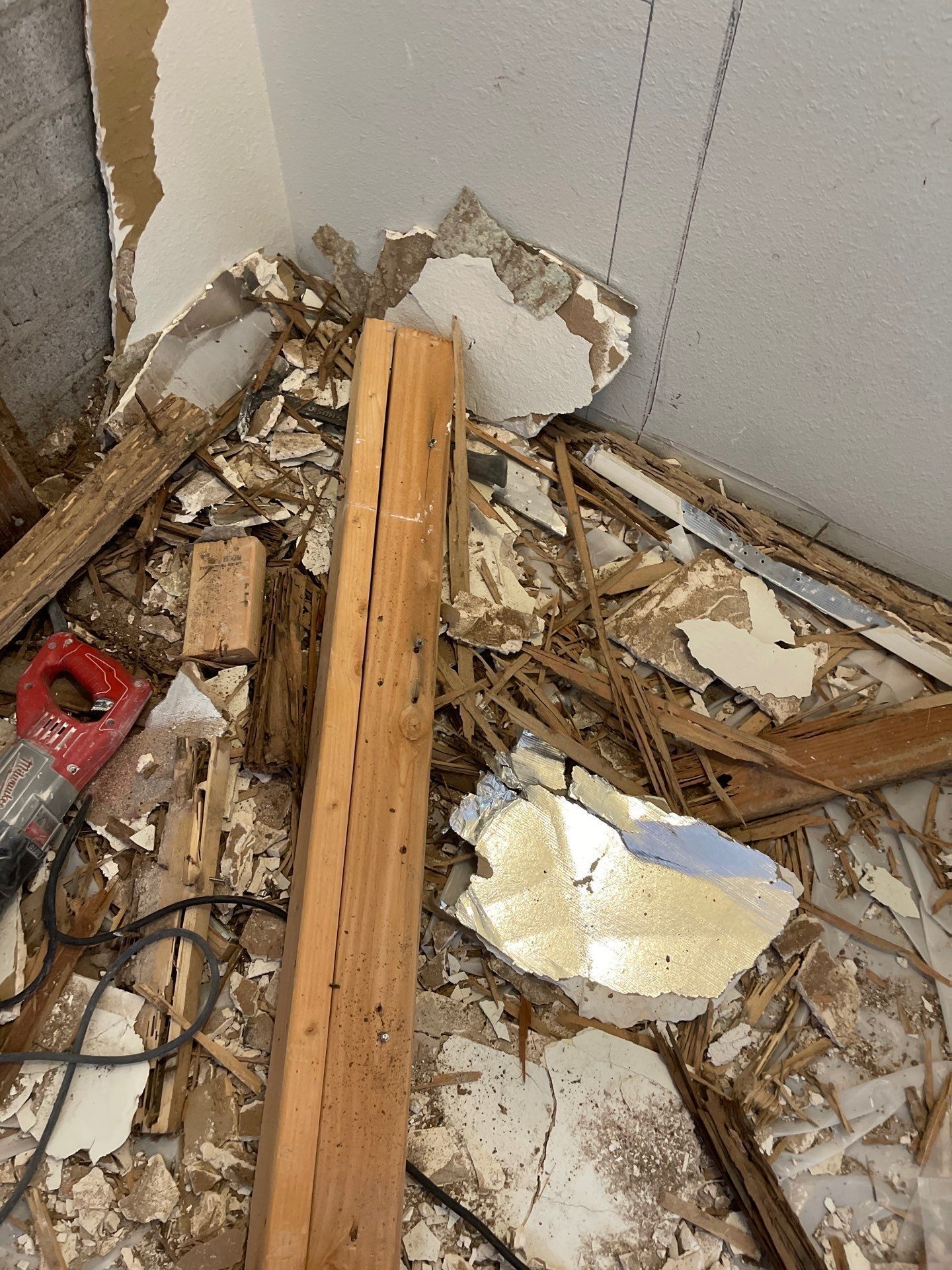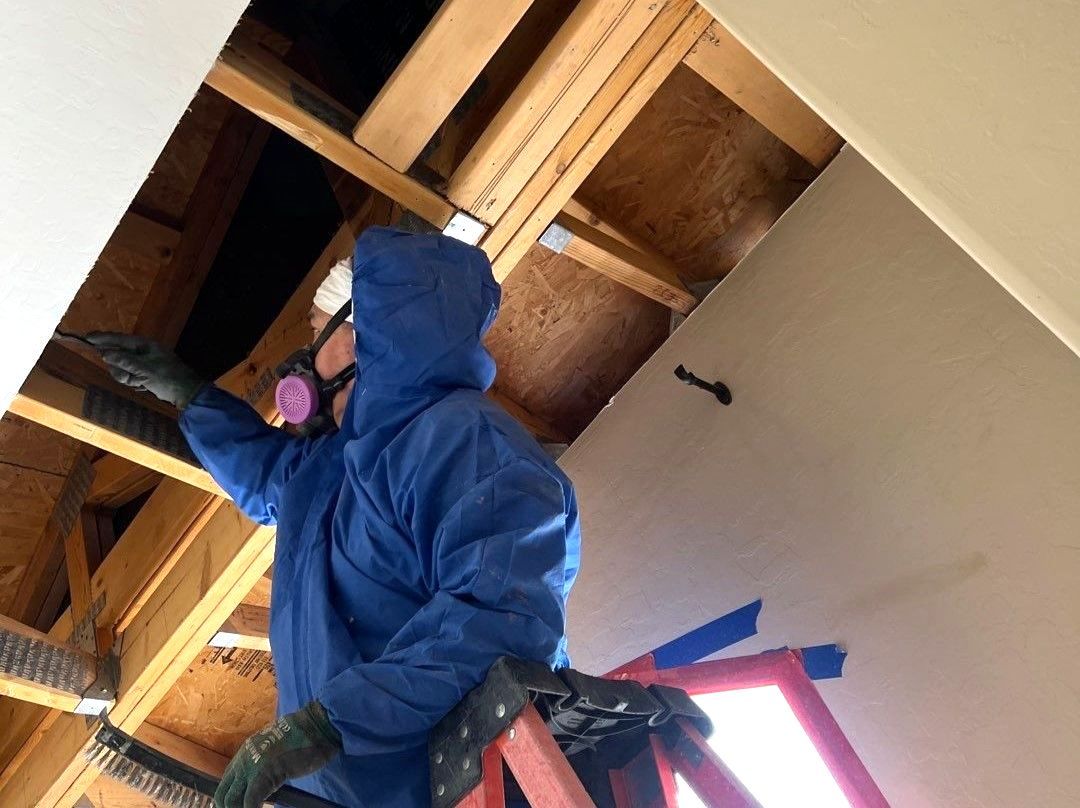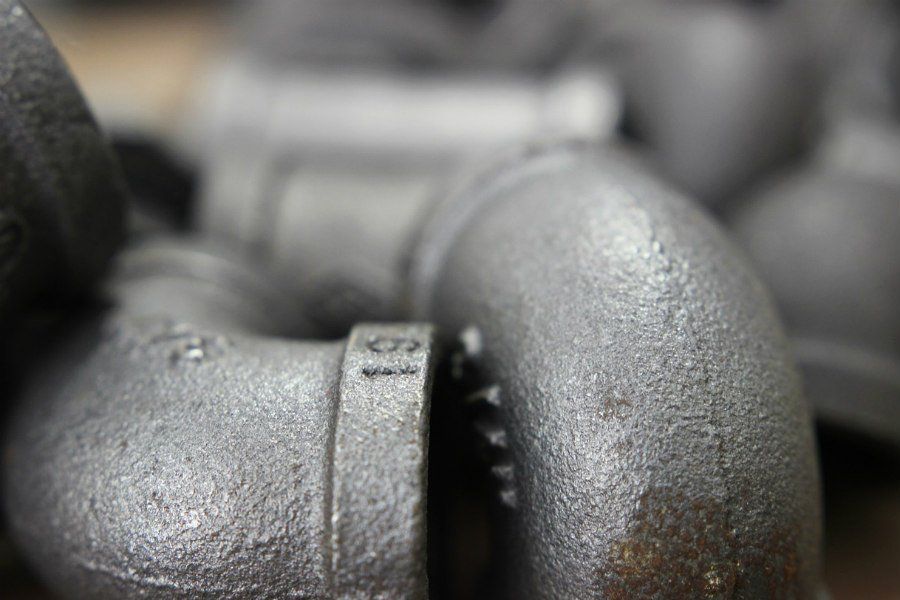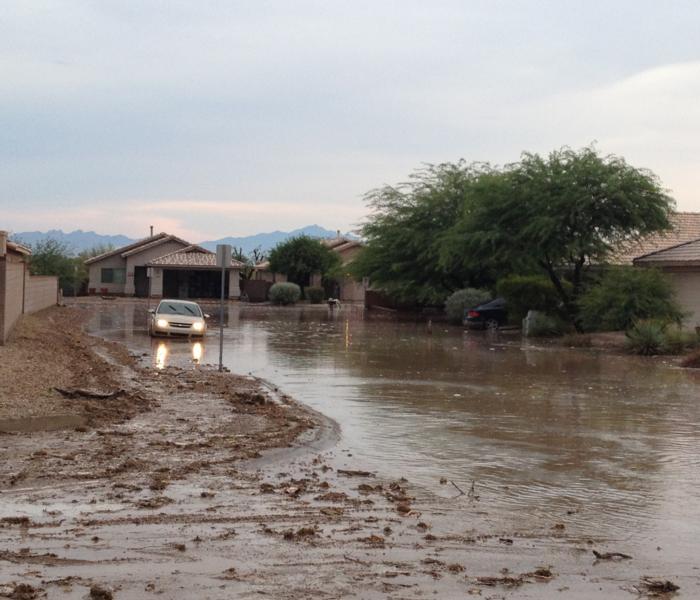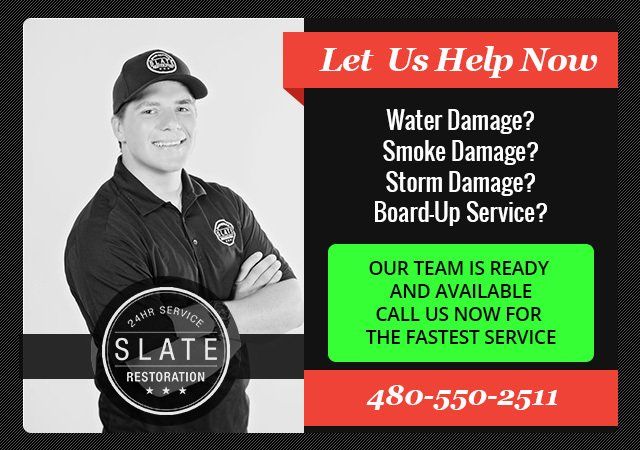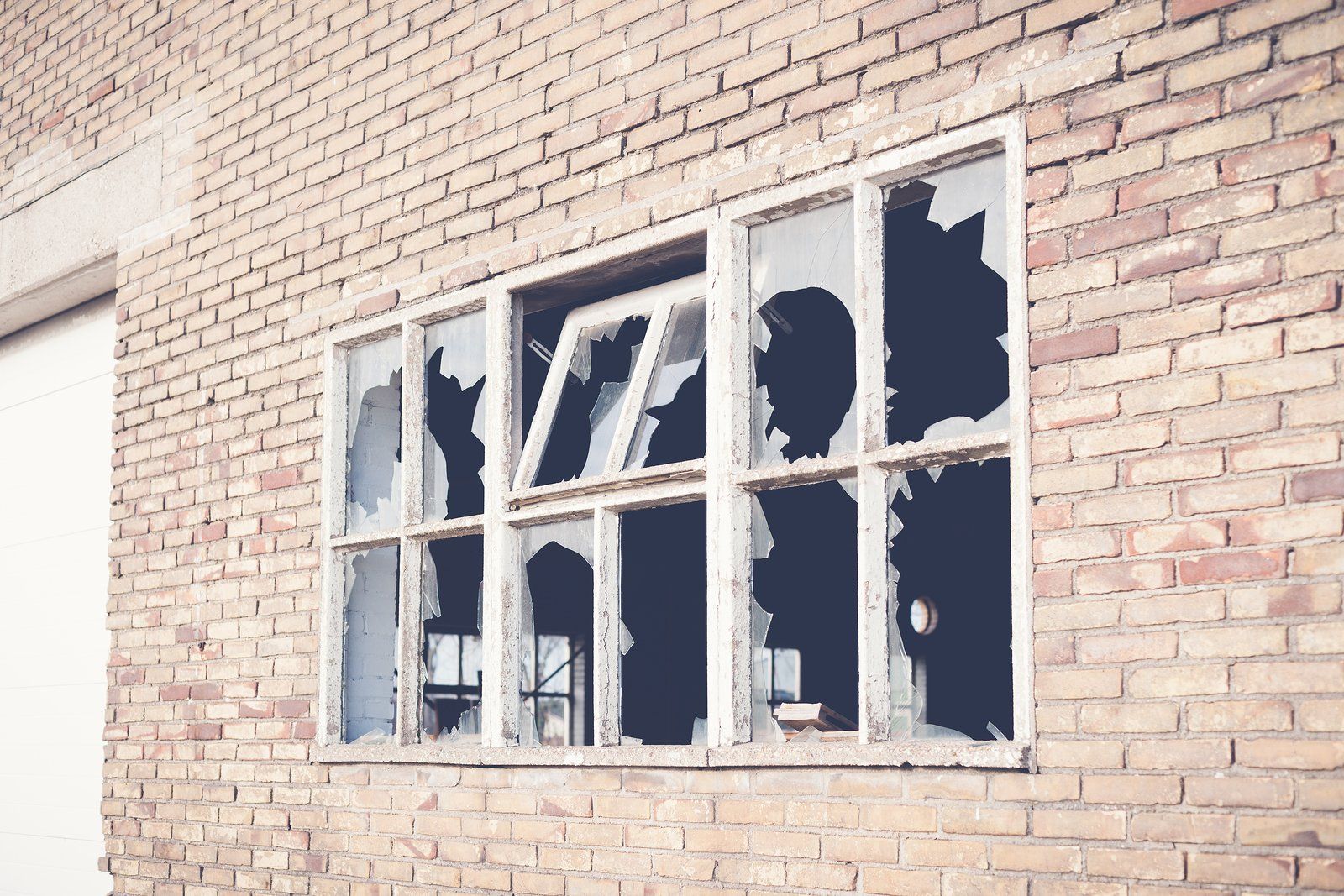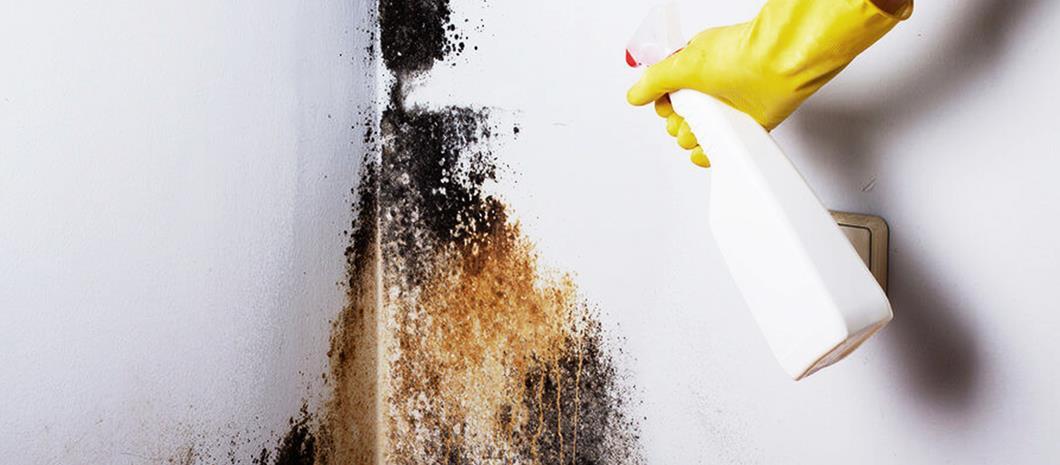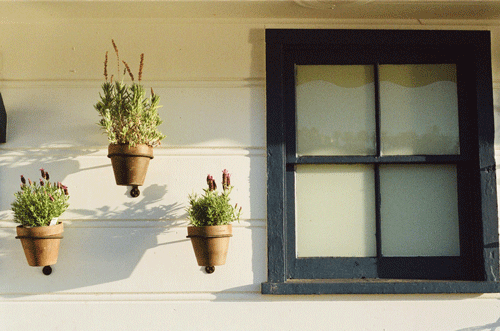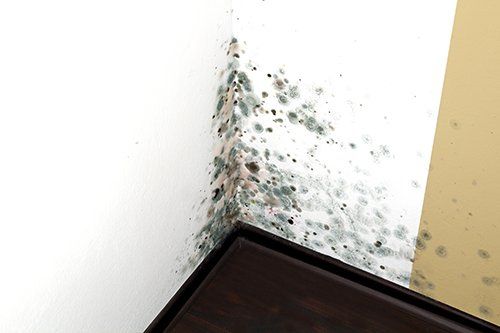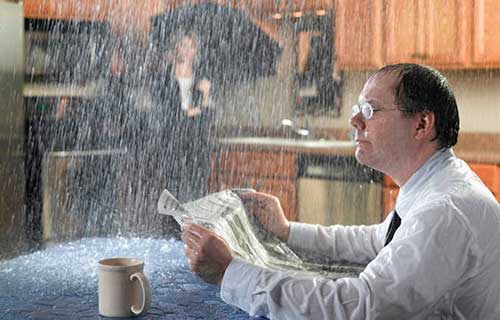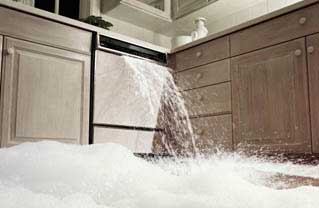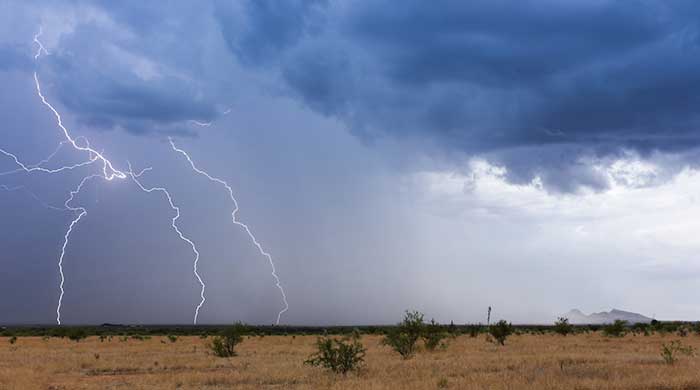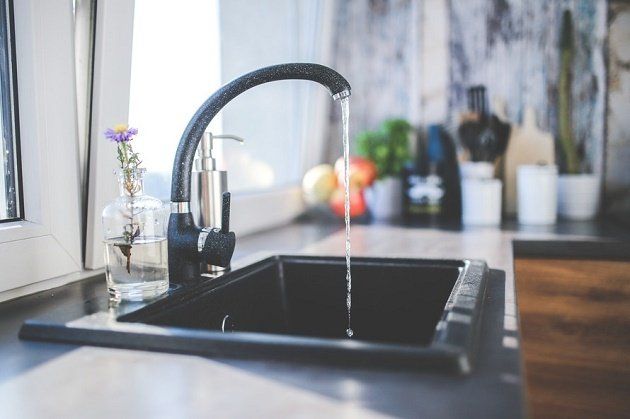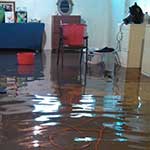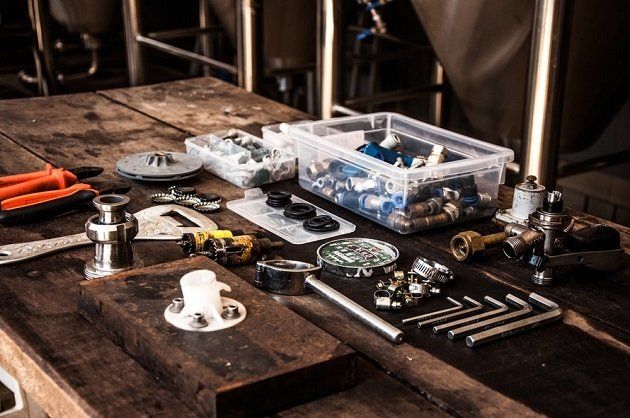Slate Restoration Blog
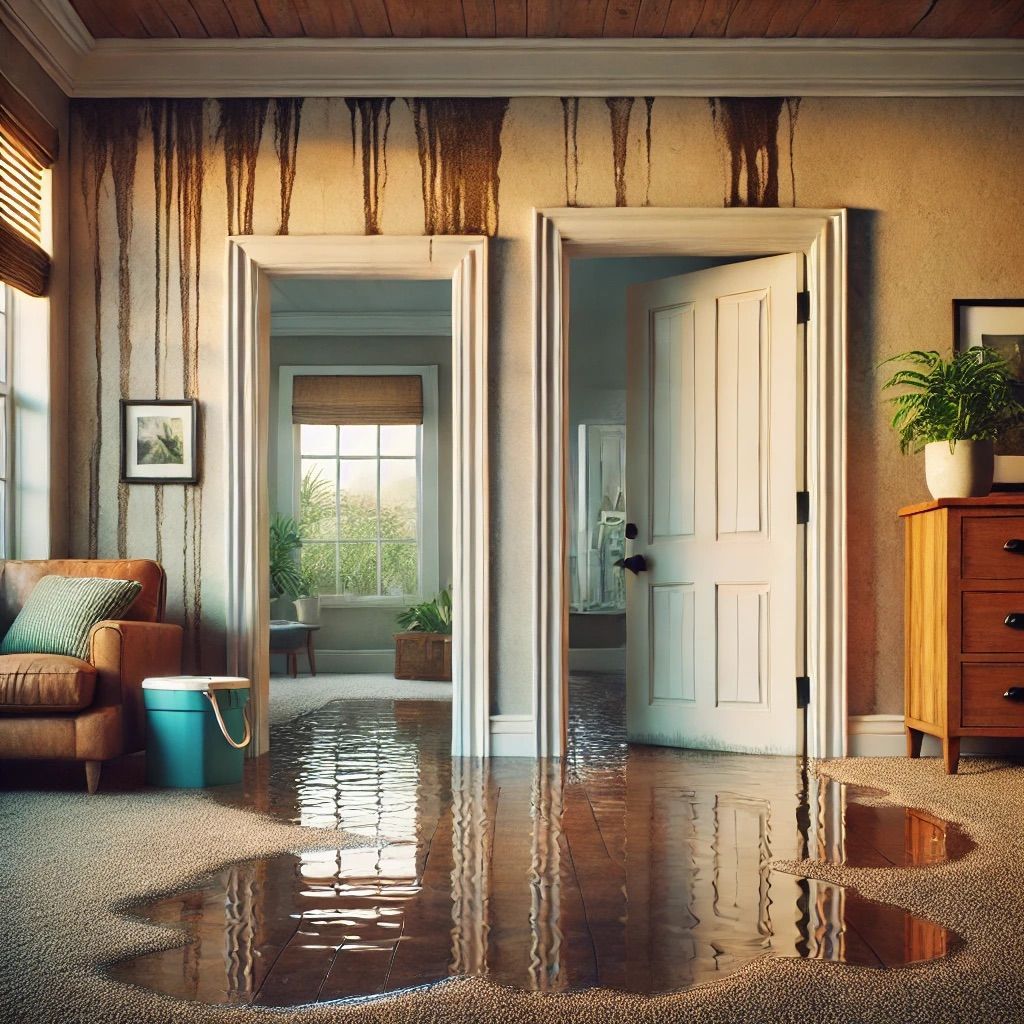
This article explains the critical importance of immediate water damage restoration for homeowners in Gilbert, AZ, highlighting the unique risks posed by the local desert climate. Readers will learn about common causes of water damage, potential health hazards, and practical steps to take while waiting for professional assistance.
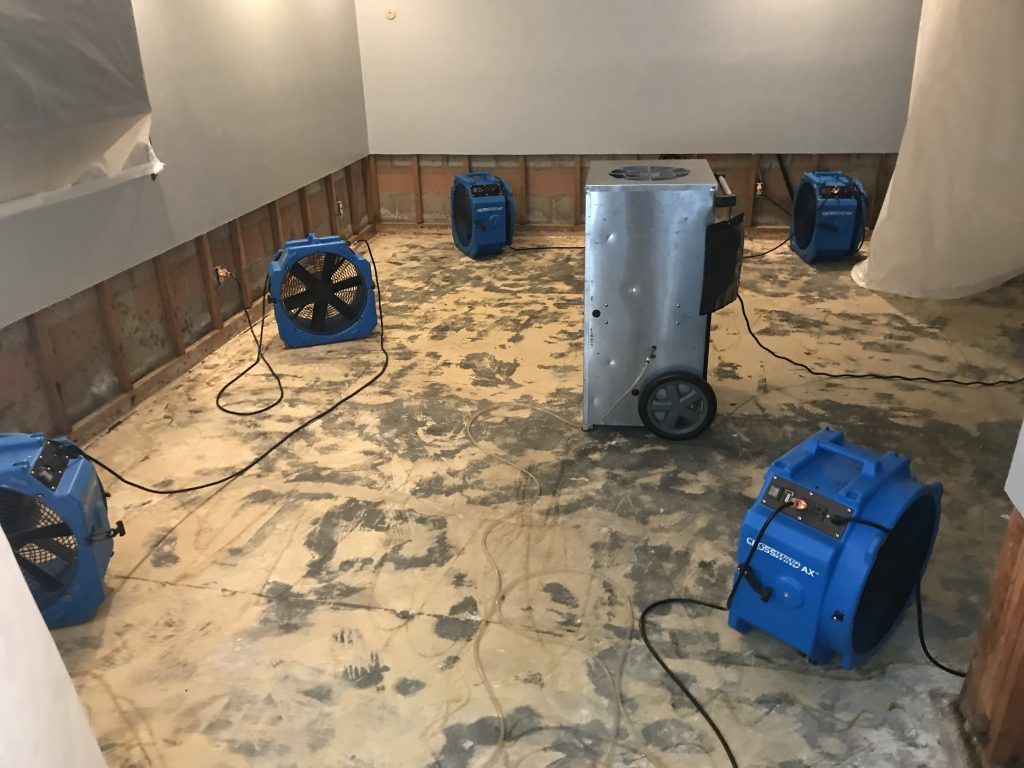
This blog post highlights the critical importance of timely water damage restoration and mold remediation for homeowners in Gilbert, AZ, due to the unique risks posed by the local desert climate and sudden monsoon storms. It provides insights on identifying signs of water damage, explains the professional processes for restoration and mold removal, and offers preventive tips tailored to the area. The article concludes by urging homeowners to act promptly and consult local experts like Slate Restoration for effective solutions.
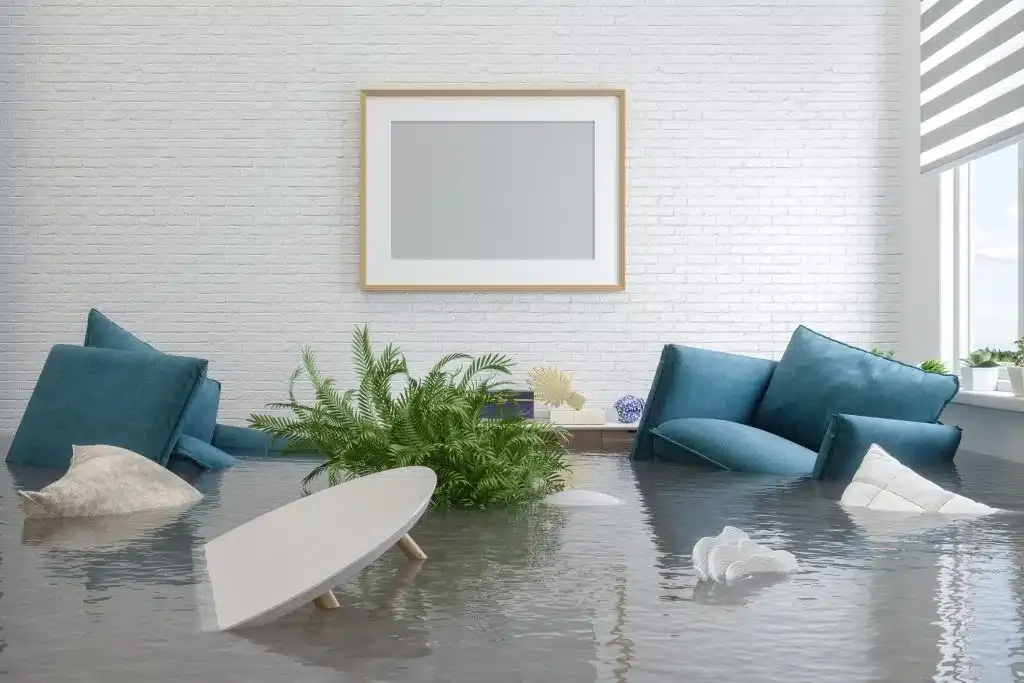
Slate Restoration specializes in emergency water damage restoration in Mesa, AZ, providing 24/7 rapid response to mitigate damage and protect your property. Our expert team handles every step, from water extraction to mold remediation, ensuring a thorough and efficient restoration process. When faced with emergency water damage, trust Slate Restoration to restore your home or business quickly and effectively.
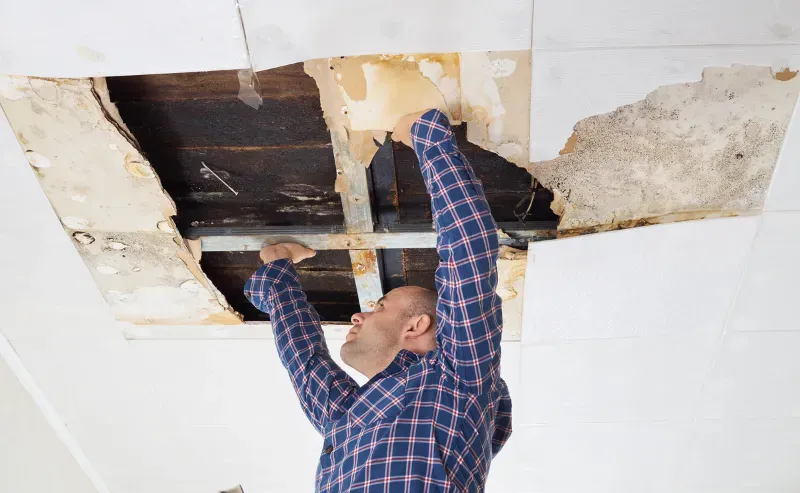
When dealing with a drywall leak, it's crucial to act quickly by turning off the water and electricity, and increasing air circulation. Use fans, air movers, and dehumidifiers to speed up the drying process. Assess the damage with moisture meters and remove any standing water. For severe damage, consider professional help from a restoration company to prevent mold growth and ensure structural integrity.
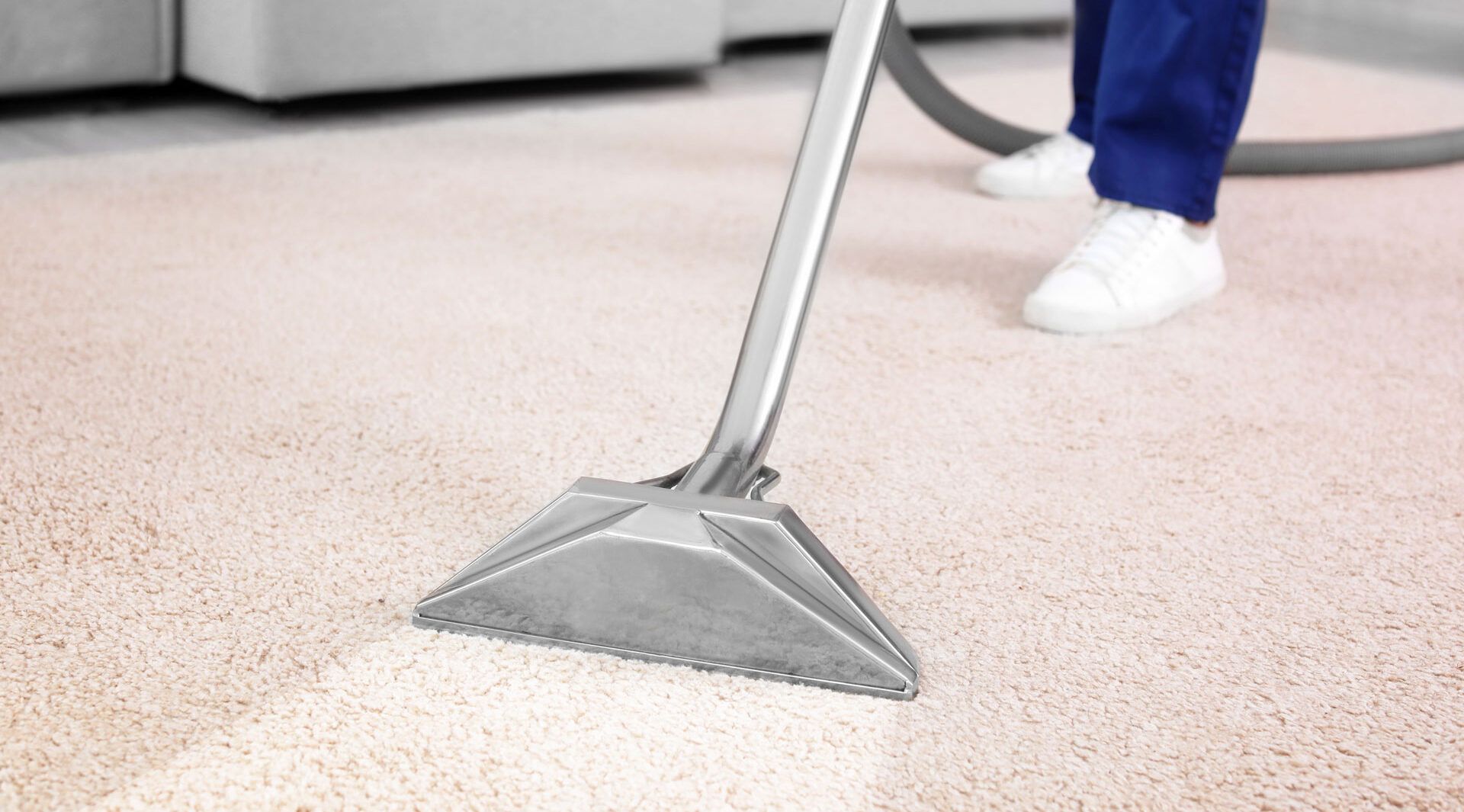
Dealing with water damage to your carpet? Our comprehensive guide, "Extracting Water from Carpet: A Comprehensive Guide," covers everything you need to know. Learn how to assess the damage, safely remove excess water, and dry your carpet thoroughly using dehumidifiers, fans, and heaters. Prevent mold growth with regular inspections and mold inhibitors. Whether you're handling slightly damp areas or completely saturated carpets, this guide provides expert tips and practical solutions to restore your carpet and maintain a healthy home environment. Read on for essential advice and techniques.
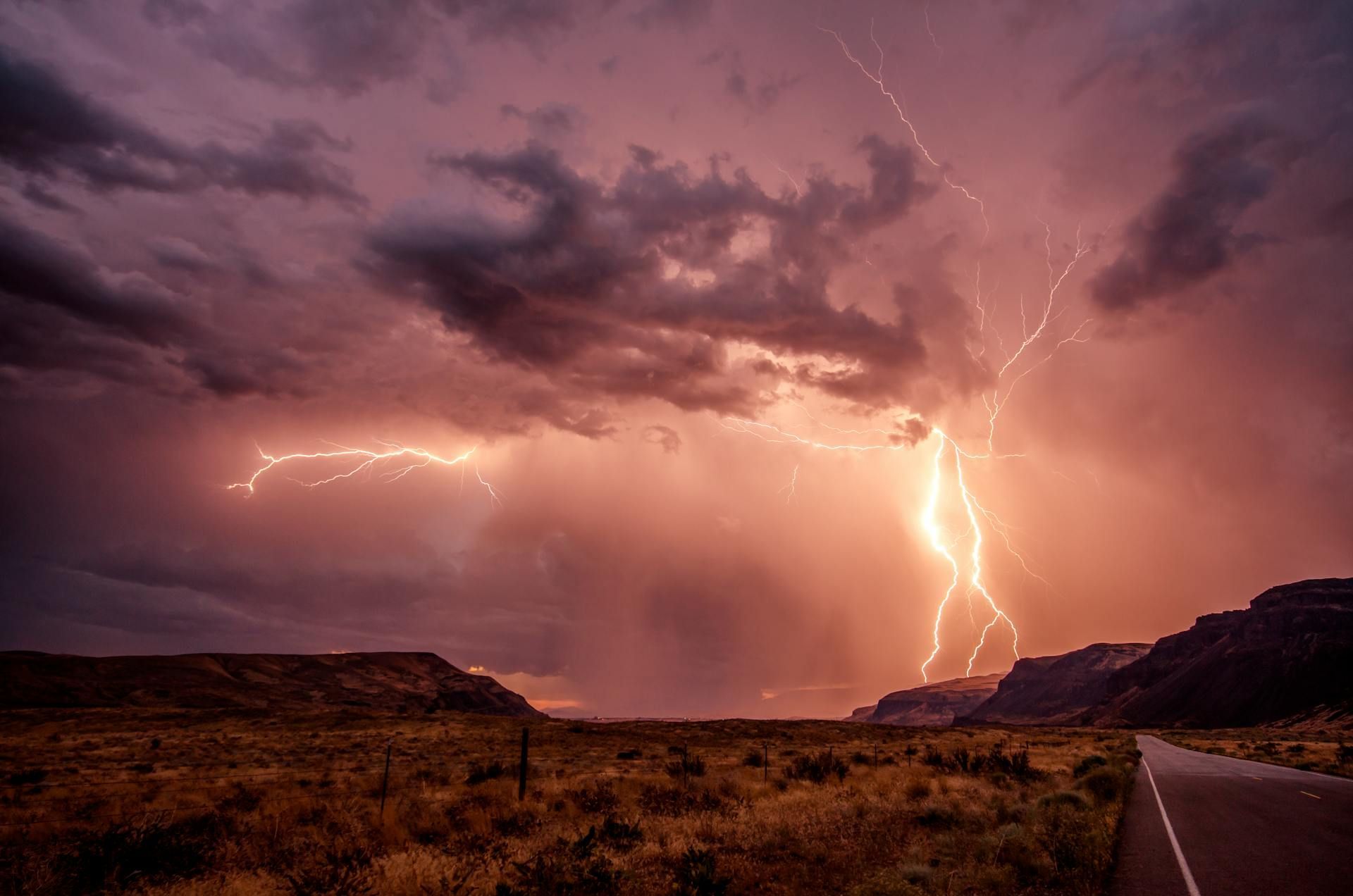
Discover essential insights on storm damage in Phoenix and how to effectively address and repair it. Learn about common storm damage types, preventive measures, and professional services available to restore your property after severe weather events. Stay informed on the latest tips and strategies to protect your home and ensure a swift recovery from storm damage in Phoenix.
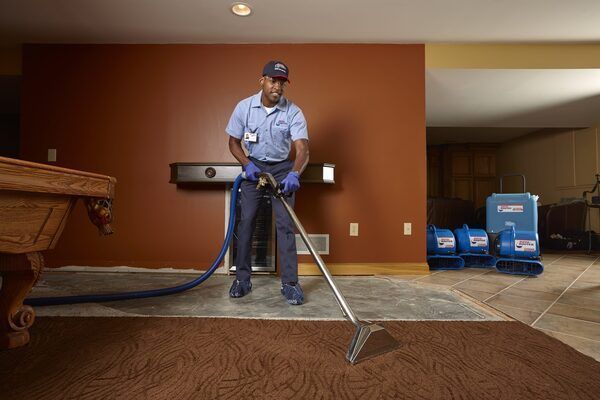
Learn the crucial steps in effective water extraction to restore your property after flooding. This comprehensive guide covers assessment, water removal, drying, cleaning, and restoration, ensuring you understand the process and importance of acting quickly to mitigate damage. Discover professional tips and techniques for dealing with water damage and preventing further issues.
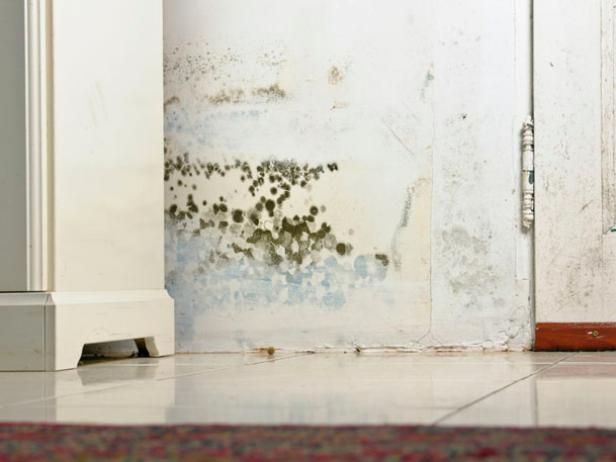
Discover the risks and solutions for dealing with black mold in houses. This article delves into the health dangers posed by black mold, how to identify and remove it, and preventative measures to keep your home mold-free. Learn about effective DIY techniques and when to call professionals to ensure a safe and healthy living environment.
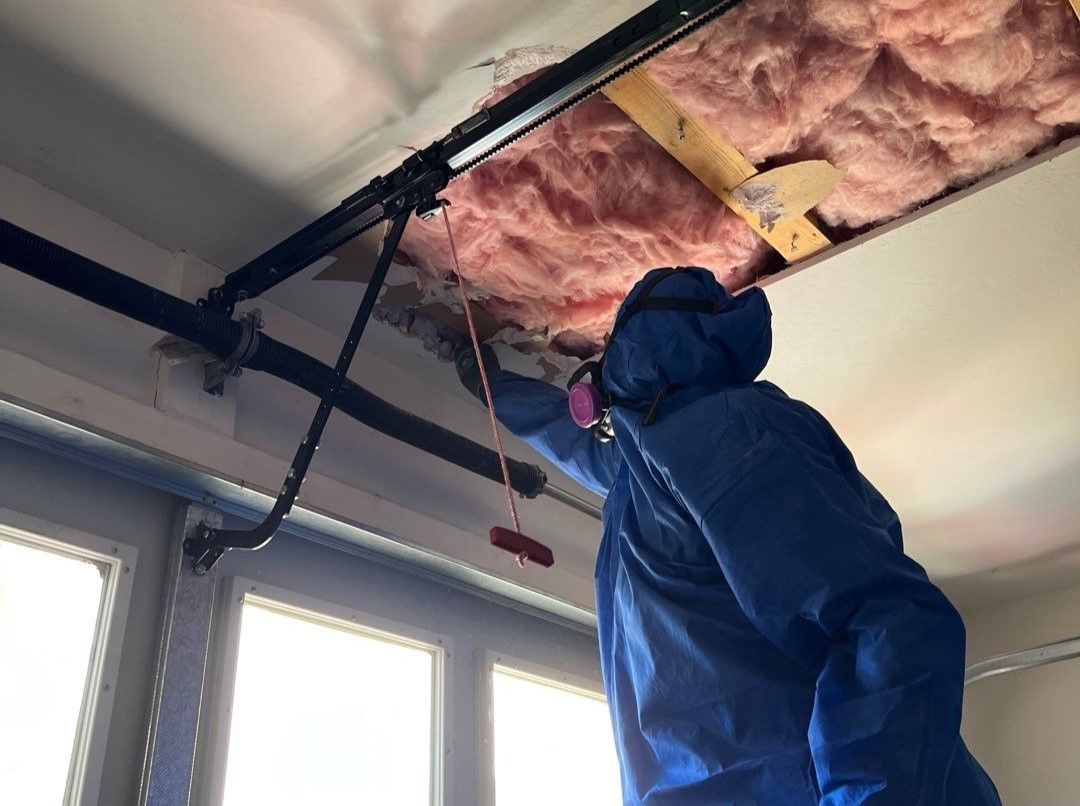
Discover essential insights on mold remediation and prevention in our comprehensive guide. Learn how to identify warning signs, prepare for professional mold removal, and ensure a mold-free, healthy living environment. Stay informed and protect your property and well-being from mold infestations with expert advice from Slate Restoration.
Top Water Damage Repair Contractor in Mesa, AZ - Slate Restoration, LLC
